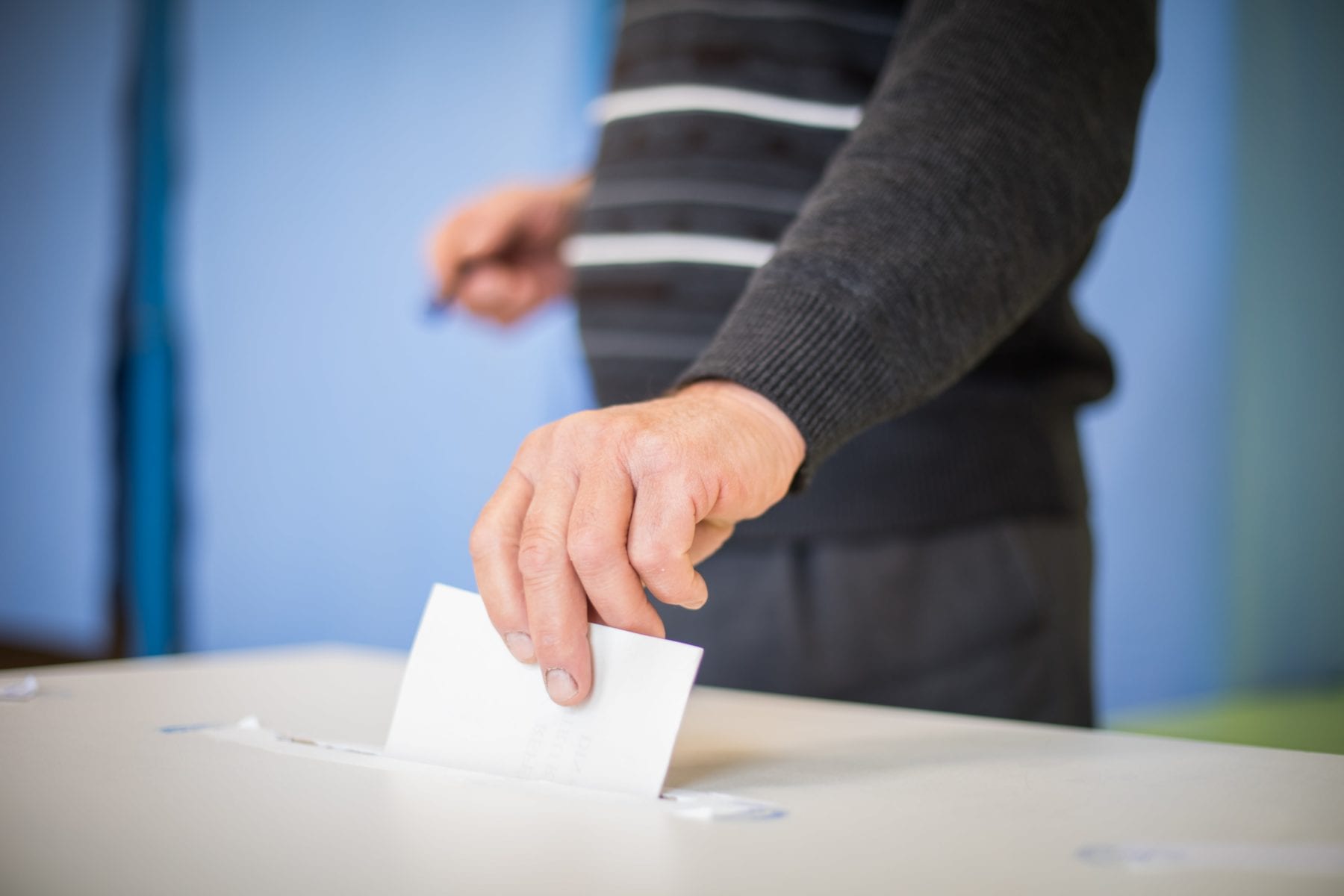
Ex-Felons in Florida May Regain Voting Rights
Convicted felons face an array of obstacles after they pay their dues to society. Although rehabilitating offenders is one of the prison system’s four primary objectives, there are few resources available to support ex-offenders reintegrating into society. Part of living in a society is being able to make use of your civil rights, yet those who have felony convictions on their records cannot make use of many of their civil rights, even after they have served their sentences. Recently, a federal court ruled Florida’s process for restoring voting rights to ex-felony offenders is unconstitutional. Several groups are proposing legislation to facilitate rights restoration.
Ex-Offenders Cannot Vote in Florida
Florida is one of just four states in which all ex-felons who have completed their full sentence, including probation, cannot vote unless they apply for — and are lucky enough to be granted — clemency. In most other states, the state automatically restores civil rights to nonviolent felony offenders upon their release. The process for recuperating one’s voting rights in Florida takes years; offenders often feel hopeless that the clemency board will review their application. Many do not even apply.
Currently, for an offender to regain his civil rights including the ability to vote, serve on a jury, obtain a state occupational license, and run for office, he must wait 5 or 7 years after completing his sentence to apply to the Florida Clemency Board. Just three cabinet members and Governor Rick Scott make up the clemency board. They review a select number of applications each year to determine who should regain his rights. Annually, just 300 of 6,000 requests receive a hearing. There is a permanent backlog of at least 10,000 applications at any given moment. The fortunate few who do regain their civil rights wait an average of 9.2 years to do so.
Since Governor Scott’s inauguration in 2011, the clemency board has granted just 2,500 people clemency. Under former governors, several thousand more applications for clemency progressed. Under Crist, 155,315 former felons regained their right to vote. When Jeb Bush was in office, approximately 75,000 had their rights restored during his eight-year term. In all, about 1.5 million people in Florida cannot vote because they have a felony conviction against them.
Florida’s Rights Restoration Process Ruled Unconstitutional
Judge Mark Walker of the Northern District of Florida reviewed the lawsuit brought forth by nine ex-convicts and ruled that the state’s current process for restoring voting rights is unconstitutional. Convicted felons who have paid their dues to society should not be at the mercy of a clemency board in which members have “unfettered discretion in restoring voting rights.” The process forces ex-felons to submit to a board which can approve or deny their application at will. This, he claimed, violates the First and Fourteenth Amendments.
Will Floridians Vote for Second Chances?
Floridians will receive the chance to vote on restoring voting rights to the 1.5 million felons who cannot vote on November 6, 2018. If at least 60% of voters approve, the amendment will change the state Constitution. It would restore voting rights to Floridians with felony convictions only after they have completed their sentences, including probation or parole. This measure excludes convicted murderers and sexual offenders.
The Importance of Voting
To many ex-convicts, voting is an essential civil right. Civil rights like voting help offenders who have paid their dues reintegrate into society. Upon release, convicted felons typically experience extreme difficulty obtaining housing and employment. Many felons return to families who can no longer live in safe communities because of the conviction. Several homeowners associations bar felons from renting or owning property within their borders if they have not had their civil rights restored. Felons also face trouble finding work; many are turned down from low-level food service jobs just because they complete an honest application.
The frustrating juxtaposition between a society that wishes them to reintegrate and facing constant rejection from opportunities to do so often turns ex-offenders back to a life of crime. Granting offenders the right to vote reduces the chance they will go back to prison and helps them become productive members of society once more.
Unfortunately, many felons plead guilty to offenses without understanding the full extent of the consequences they face. If you face felony charges, there is nothing more important you can do at this very moment than speak with a knowledgeable and aggressive criminal defense lawyer in Orlando to fight the charges against you. The Umansky Law Firm employs a robust team of attorneys ready to defend you and protect your reputation. Call 407-228-3838 or contact us online for a free and confidential consultation. We are also available around-the-clock to answer your questions on our live chat.


